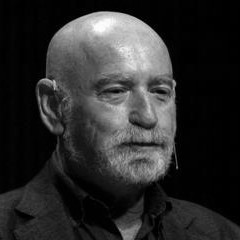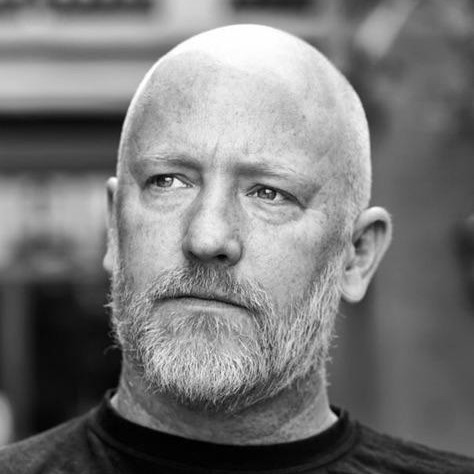- Membership:
- Dashboard
- Newsletters
- Clock Blog
Uji Bridge picture courtesy of David_Z
Discovering the lessons behind the world’s longest-lived organizations to build a discipline of shareable knowledge for our future
One of Long Now’s founding premises is that humanity’s most significant challenges require long-term solutions. Projects like long-term ecosystem management or space exploration require follow up over the course of hundreds of years. Historically, projects and solutions enacted without some type of support infrastructure often dissipate within a generation, their noble goals relegated to the obscurity of history books. Similarly, civilization’s most critical knowledge is often housed in and cared for by institutions—such as the United Nations and various national archives— that are not designed to withstand predictable natural disasters and social upheaval. In the business world, average company lifespans are shrinking at a rate of one year per year. In a world where civilization now has the power to alter the planet on millennial timescales, we lack the long-term institutions to keep that power in check.
However, there are a small number of organizations that have managed to stay stable over many centuries, and in some cases, over a millennium. Surprisingly, there are few data-driven studies of what makes these organizations succeed. Long Now has been informally tracking these organizations for years, and in 02019 formed The Organizational Continuity Project to study long-lived institutions more formally. These long-lived institutions range from universities and martial arts communities to guesthouses and breweries. While the historical record will be our best teacher, we also hope to learn from emerging organizational structures that are using new decentralized systems of trust that may change our conceptions of what companies or institutions could be.
As our research develops, The Organizational Continuity Project hopes to discover the lessons behind these long-lived organizations and build a discipline of shareable knowledge that will help contemporary institutions, companies, and governments develop into robust, long-lasting structures. In turn, we hope these institutions will be better equipped to address civilizational-scale problems with multi-generational thinking.
In February 02019, Long Now held the Inaugural Meeting for The Organizational Continuity Project. The group consisted of Long Now board members, staff, and outside experts.

Peter Schwartz, a founding board member of Long Now and author of The Art of the Long View, distills the lessons learned from his work in scenario planning for organizations.

By Samo Burja
Samo Burja, a Long Now Research Fellow and theorist, explores how civilizations have historically lost knowledge, information, and, in some cases, even the foundations of their entire societies. These examples underscore the pitfalls that any organization aspiring for long-term survival must avoid.

Long Now Executive Director Alexander Rose shares his preliminary research into what type of organizations last, what they have in common, and which elements and strategies they developed that have contributed to their survival.

Dr. Eric Berlow, a complexity researcher focused on mapping the health of ecological systems, broadens our thinking about the mechanisms of long-term systemic success in nature.

Dr. Laura Welcher, Director of Long Now’s Rosetta Project, explores one of the longest lived human systems — language itself.

Katherine Fulton, Co-Chair of Long Now’s Board of Directors and a leading thinker on the future of philanthropy, tackles generational change, which is often one of the most critical moments in any organization that hopes to last.